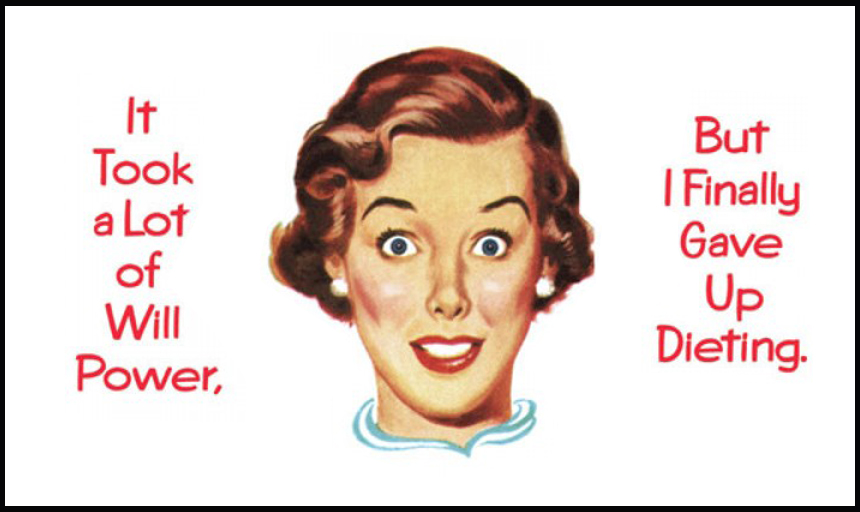One of the best pieces of fitness advice I’ve acquired in the last few years was from movement specialist, Ido Portal. It was a couple of years ago on a podcast called London Real when Portal advised listeners to find a dogma. The term dogma may bend your ear a little.

The connotations are not always positive, as in, don’t be so dogmatic in your thinking. What Portal was suggesting was that we sign up for a philosophy before anything else.
That is not how most people approach their health. From the experience of this fitness professional, most people start with a vague idea of a fitness goal, then try to cobble together plans.
With no experience behind those intentions, what happens is no surprise. In short order, they quit. What Portal suggests may help bridge those gaps.
When you take on martial arts as your dogma, for example, your goal becomes about getting better at the art. The place where you practice teaches you all the rules, so you don’t have to adapt philosophies to your practice. Their dogma is your goal and planning all in one.
It easy to see the value in this advice. The rest of us, however, may not be into dogmatic approaches. You may see yourself as a rugged individual.
In that case, you’re going to have to put time into your philosophy before you pick up a single weight before you start penning your nutrition plan.
What follows are four areas where the self-motivated tend to lose perspective. Cement these as the cornerstones of your philosophy to stay the course. Let nothing pull you off them.
Not Restricted, Free to Experience

The first thing most people do when contemplating a new fitness program is they sigh. No matter their sense of commitment, they see a hard road of sacrifice ahead.
True. There’s bound to be a whole lotta cant-haves and haftadoos. The prospect is overwhelming, even demotivating. What works better than buckling down on tough decisions is focusing on new experiences.
For example, you can focus on the fact that you’ll have less free time for whatever you were doing before you committed an hour to exercise, or you can focus on the new experiences that will come with that commitment.
You’ll meet new people, learn to use new tools, and achieve new levels of fitness.
If we’re talking about tough food choices, you could focus on the foods you’ll no longer eat because they don’t fit your plan or instead you can focus on the new foods you’ll get to try.
The grocery store is full of foods you’ve yet to experience.
Not Fat, Fuel

One of the biggest motivators for change is vanity. For many people, loss of body fat is their goal, even if they don’t admit it.
Because we have this negative perspective of body fat, the more we have, then more of ourselves we tend to hate. That’s not doing anybody and favors. Let’s mature that thinking to see fat for what it is.
Body fat (please) is just stored fuel. Think of it that way.
It is the reason many archeologists believe we’ve outlived other humans. When famine hit, when winters were long, we were able to metabolize our stored fuel to survive. Other humans didn’t store fuel in that way.
You body fat is your body trying to save your life. The problem may be that you’ve pushed your storage to the point of tipping the scale against your favor.
That still doesn’t make fat a bad thing. It’s neither good nor bad. It’s fuel.
Not a Diet, a Nutrition Plan

Guilty as charged, I’ve referred to food planning as my diet. That has to stop.
For many of us, this word connotes sacrifice. It means we’ll be eating some special way for a period of time, then going back to our normal way of eating once we’ve achieved all of our wildest goals. It’s temporary, but annoying.
If your plan includes only temporary changes, then your results will also be temporary. There is a time and place to make sacrifices with nutrition, but it has to be sacrifices you can make into a lifestyle.
A nutrition plan, instead, is how you plan to eat as part of an ongoing maturation of your relationship with food. It will morph over time.
Get on a plan that doesn’t have you making regular, massive corrections to your intake. Course correct your nutrition plan like steering a boat; the slightest adjustments necessary.
Not Parts, Your Body

Your body is not the sum of your parts. You may hate your stomach, your hips, or those flappy things under your arms. You cannot address these parts like the parts of a car.
The larger world of fitness advice would have you treat your body like parts, but that’s not how your body works.
You stomach or the aforementioned flaps on your arms are parts of the greater whole. They bother you like an overflowing storage closet bothers you. It’s not the closet, but your whole method of storage that’s driving you crazy.
In that context, it’s understandable why we prefer to compartmentalize the many parts instead of the whole. The longer you do so, the longer you miss the bigger picture of your storage, er, your health.

It’s gonna take more than perspective to change your life if that’s what you’re trying to do. Of course, you will need a good plan, but that plan needs a philosophy.
Portal’s advice to find a dogma may be worth your time. This could be as simple as joining a small local gym.
The smaller your sphere of influence, the more dogmatic will be your approach.
If you still prefer to forge your own philosophy, don’t let me stop you. Just make sure you pour the above cornerstones into place before you build your house of fitness.